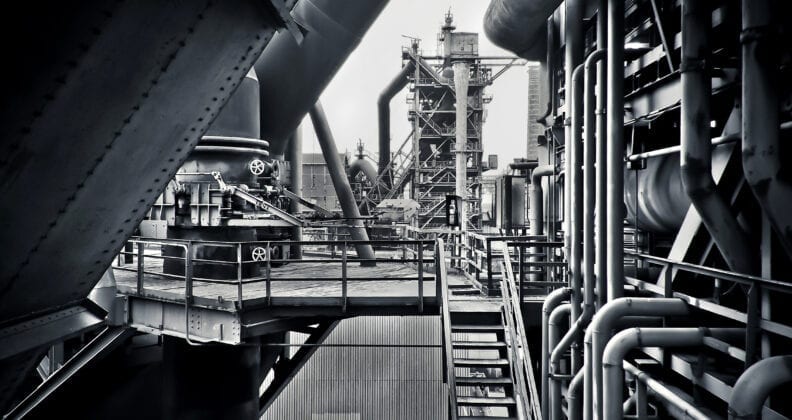
The Centre will enable the heavy industry sector, which produces materials such as steel, aluminium and cement, to successfully transition to compete in the low-carbon global economy for carbon-neutral materials such as ‘green’ steel, alumina, cement and other processed minerals.
Curtin Deputy Vice-Chancellor Research, Professor Chris Moran said the University will play an integral role in ensuring the research is applied effectively to Australian companies.
“We are excited to be part of the HILT CRC, which will bring together world-class research and expertise from 57 partners to develop and trial the low-emission energy technologies needed to speed Australia’s transition to a low-carbon economy,” Professor Moran said.
The CRC will be a catalyst to aid focus on the development of the green economy in Australia, in relation to export commodities and the significant potential for low carbon regional development and job creation
Moran said the collaboration is an example of Curtin’s commitment to working with industry and government to tackle the big challenges and provide real world solutions that have a positive impact.
Professor Michele John, Director of the Sustainable Engineering Group in Curtin’s School of Civil and Mechanical Engineering will lead Program Three in CRC’s ‘Facilitating the Sustainability Transition’.
“This phase will see our team work across sectors to help provide heavy industry low carbon roadmaps, scenario analyses, supply chain development and low carbon commercialisation pathways together with a significant focus on regional development, community engagement and sustainability leadership,” Professor John said.
John indicated that the CRC will be a powerful catalyst to aid needed focus on the development of the green economy in Australia, particularly in relation to export commodities and the significant potential for low carbon regional development and job creation.
“While the HILT CRC will be headquartered in Adelaide, it will include important regional research hubs across the country, including Kwinana, the South West regions and the Pilbara in Western Australia.”
“Curtin will be working with our partners who operate in these WA heavy industry hubs to develop the technologies and programs needed to make the transition to sustainability, a reality, John said.
“These industries are large local employers in the regions, and the work of the HILT CRC, will not only help grow the companies, but also help sustain thousands of Australian jobs for the future.”
The HILT CRC also includes many other of Australia’s leading researchers, drawn from the University of Adelaide, which led the bid, together with the Australian National University, CSIRO, University of Newcastle, Swinburne University, Queensland University of Technology and international partners Arizona State University, German Aerospace, MINTEK and the University of Canterbury.




